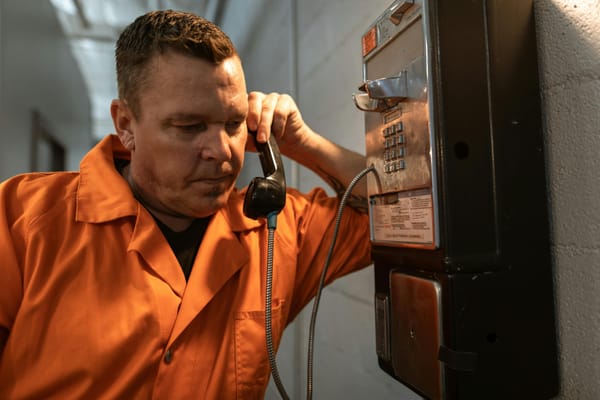Copps Committed to Broadband Strategy as Vehicle for American Recovery, FCC Reform
ARLINGTON, Va., June 18, 2009 – Acting FCC Chairman Michael Copps could not be more pleased with the Obama administration’s “real, honest to god commitment” to broadband deployment and with the potential for reshaping the FCC to be more consumer-centered, he said Thursday. Copps delivered the aftern
ARLINGTON, Va., June 18, 2009 – Acting FCC Chairman Michael Copps (D) could not be more pleased with the Obama administration’s “real, honest to God commitment” to broadband deployment and with the potential for reshaping the FCC to be more consumer-centered, he said Thursday.
Copps delivered the afternoon keynote speech at the Pike and Fischer Broadband Policy Summit.
“What a difference a year makes,” he said, recalling the desire for change that he expressed at last year’s summit, when the presidential campaign was in full swing.
Many of today’s policy problems cannot be solved without a “full court press” broadband, he said. But only a full-fledged public private partnership – much like the one the FCC embarked upon during the recent DTV transition – “can turn public policy into reality,” he said.
Copps said that the U.S. as a whole could be considered an underserved area, especially in rural communities. The U.S. has an “urgent, crying need” for a national broadband strategy that incorporates public-private partnerships, he said. America has “no shot at all for leadership in the digital age” without a solid broadband strategy, he warned.
But constructing a national plan cannot be allowed to be sidetracked by an “either/or” or an “urban/rural” debate, nor should the emphasis be on “broadband for broadband’s sake,” Copps said.
Minor controversies like those, combined with a flawed belief in the market as an all-powerful solution, have “cost America big time,” he said. Blind faith in the market has caused us to “forget… lessons on how we built America,” he said. “We have shortchanged our economy, our kids, and ourselves.”
The $7.25 billion in the Recovery Act is only a “down payment on our broadband potential,” and can “return us to our roots” by spurring private and public investment in information infrastructure, Copps said. He compared the nation’s investment in broadband to past efforts on rural electrification and interstate highways.
The FCC’s task of developing a national broadband plan is “the biggest thing to come the commission’s way since the 1996 telecommunications act,” and could be “the most transformative proceeding in commission history,” Copps said.
While Copps stressed that the plan must be “focused” and “really dead on,” Copps cautioned telecommunications companies against trying to resolve “every contentious telecommunications issue” in the broadband proceeding. Such debates have “too often deflected us from progress we should have been making,” he lamented.
The FCC’s Notice of Inquiry on broadband is “only the beginning” of the national plan process with “much more to do” to complete the proceeding, Copps said. And the commission must take into account the views of citizens when making policy. “We need wider civic participation in what we do at the FCC,” he said.
But Copps expressed confidence in chairman-designate Julius Genachowski’s commitment to openness and transparency – beginning with the broadband plan. “This broadband proceeding is not going to be business as usual,” he said.
Copps was confident his successor would be able to make a clean break with past methods and adopt “new ideas, new formats, and new venues” for the FCC’s decision making process — in contrast to past commission rulemakings. The proceeding will “not be an inside job.”
Copps also called for wholesale reform of the Universal Service Fund as part of the national strategy. He admitted reforming USF would involve carriers, the FCC and congress, and will be “a steep climb.”
But the present system was built for old-style copper phone service. It must be adapted by all stakeholders to serve a broadband world, Copps urged. USF “cannot and should not endure as it is,” and should be reformed cooperatively using reality-based data: “This country works best when it works together,” he said. “It’s time to dust off that history of partnering.”










